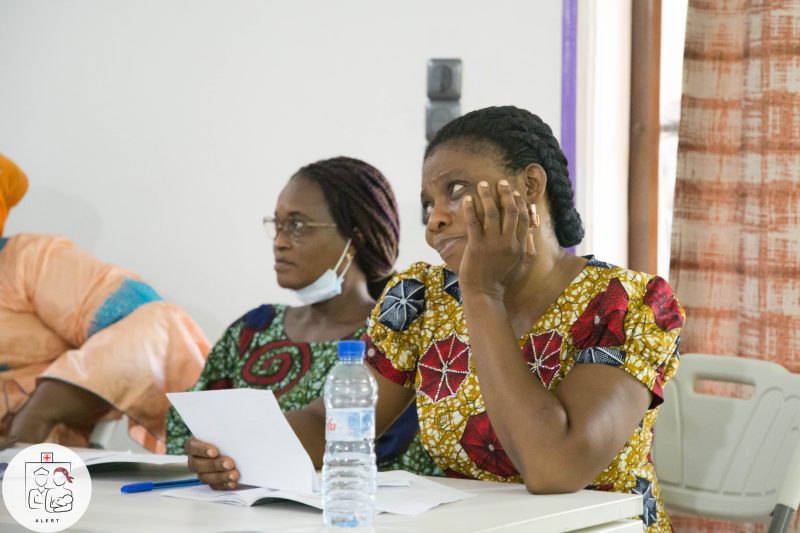
Midwifery care providers’ childbirth and immediate newborn care competencies: a cross-sectional study in Benin, Malawi, Tanzania and Uganda
Evidence-based quality care is essential for reducing sub-Saharan Africa’s high burden of maternal and newborn mortality and morbidity. Provision of quality care results from interaction between several components of the health system, including competent midwifery care providers and the working environment.
We assessed midwifery care providers’ ability to provide quality intrapartum and newborn care and selected aspects of the working environment as part of the Action Leveraging Evidence to Reduce perinatal morTality and morbidity (ALERT) project in Benin, Malawi, Tanzania, and Uganda. We used a self-administered questionnaire to assess providers’ knowledge and their working environment and simulations to assess skills and behaviours. All midwifery care providers, including doctors, in the project’s maternity units were invited to take part in the knowledge assessment. One third of the midwifery care providers who took part in the knowledge assessment were randomly selected and invited to take part in the skills and behaviour simulation assessment.
Descriptive statistics of interest were calculated. A total of 302 participants took part in the knowledge assessment and 113 skills drills simulations were conducted. The assessments revealed knowledge gaps in frequency of fetal heart rate monitoring and timing of umbilical cord clamping. Participants were also asked what the APGAR (Appearance, Pulse, Grimace, Activity, and Respiration) letters stand for and 58% provided a correct answer with variation among the countries. Only participants in Benin (38%) indicated that they did not know.
Over half of the participants scored poorly on aspects related to routine admission tasks, clinical history-taking and rapid and initial assessment of the newborn, while higher scores were achieved in active management of the third stage of labour. The assessment also identified a lack of involvement of women in clinical decision-making. Inadequate competency level of the midwifery care providers may be due to gaps in pre-service training but possibly related to the structural and operational facility characteristics including continuing professional development.
The important gaps identified call for additional research with larger sample sizes and in more diverse settings to confirm or disprove our findings. Further research will also be crucial to investigate if the gaps relate to inadequate pre-service training, lack of continued professional development, specific facility characteristics, and/or the cultural and social environment.
However, our study findings indicate that improvements are warranted due to midwifery care providers competency gaps related to routine childbirth and immediate newborn care, lack of essential commodities, evidence-based guidelines and mentorship. To overcome these limitations and identify pertinent solutions more research is required. Substantial investments in midwifery care providers education and training, health care facility infrastructure and quality improvement strategies are needed to ensure that all women, newborns and families recieve quality midwifery care during childbirth and the immediate newborn period.
Moller, A. B., Welsh, J., Agossou, C., Ayebare, E., Chipeta, E., Dossou, J. P., Gross, M. M., Houngbo, G., Hounkpatin, H., Kandeya, B., Mwilike, B., Petzold, M., & Hanson, C. (2023). Midwifery care providers’ childbirth and immediate newborn care competencies: A cross-sectional study in Benin, Malawi, Tanzania and Uganda. PLOS global public health, 3(6), e0001399. https://doi.org/10.1371/journal.pgph.0001399

0 comments